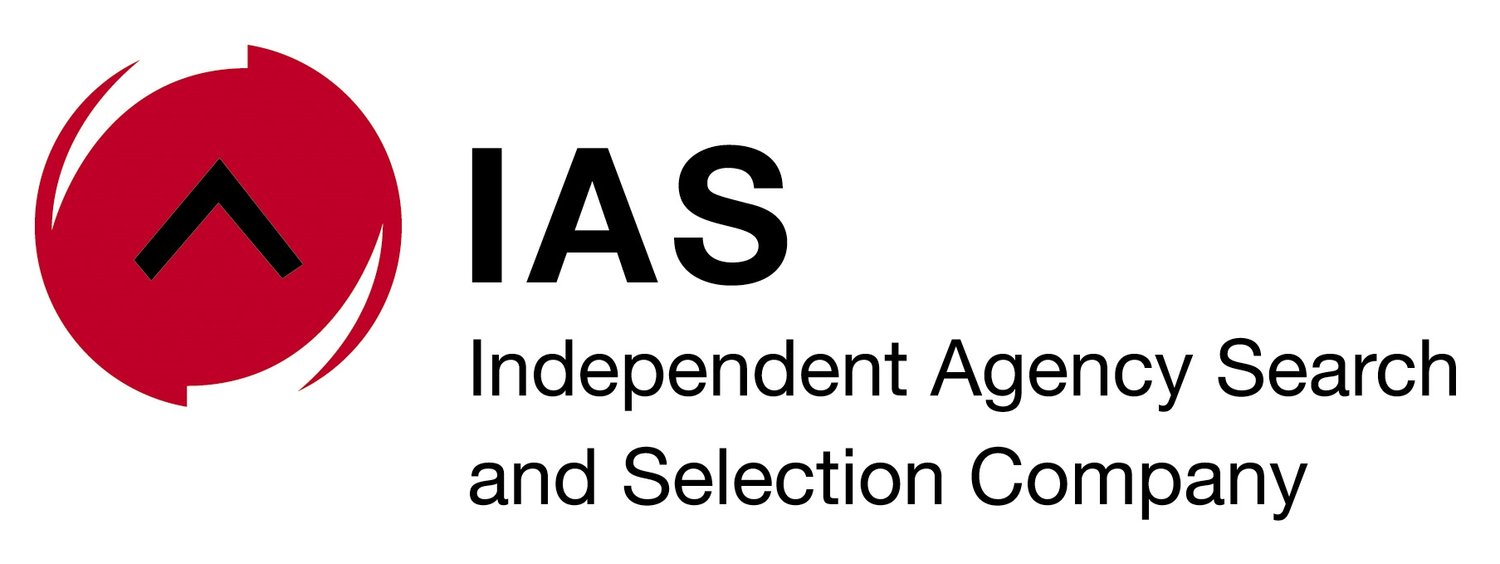Johanna McDowell (Managing Director of the Independent Agency Search & Selection Company (IAS), and Partner and director of SCOPEN Africa) shares her thoughts on effective client/agency relationship management, and the importance of getting clients and agencies to speak the same language to avoid a professional divorce.
It is widely considered that while long-term relationships between clients and their advertising agencies produce better results, the reality is that client/agency relationships do fail, and most often within two to three years of starting.
Cracks in the relationship start to appear because very often clients and agencies are not on the same wavelength and do not fully understand the dynamics and the day-to-day running of their respective business. A perfect match requires the agency to fully understand the client’s brand and brand ethos, while clients have to understand the creative dynamics of its agency.
According to research conducted in 2017 by IAS (Independent Agency Search & Selection Company) and SCOPEN among 217 marketing professionals from different companies (clients) and 152 advertising agency professionals working in creative and media agencies, the perceptions and reasons behind the breakdown in the relationships often differed between the client and the agency. The research shows an interesting and sometimes surprising difference in opinions between clients and agencies and more importantly, offers clues as to how to avoid a breakdown.
About 79% of interviewed clients mentioned they were satisfied with their current agencies, while 26% mentioned that although they were satisfied, they were still considering changing their agencies for various reasons.
Matching the personalities is essential to strike up the right chemistry in the first meeting. Chemistry in any relationship gets each party excited, the creative juices start to flow, and an environment of trust is formulated. While an emotional connection is not the only important factor to the relationship, the chemistry between the agency and client is a vital ingredient in the matchmaking process.
While an emotional connection is not the only important factor to the relationship, the chemistry between the agency and client is a vital ingredient in the matchmaking process.
Another major factor expressed by clients as being the overriding cause of the breakdown was the timing issue and servicing by the agency.
Like any new or existing relationship defining boundaries and maintaining open healthy dialogue is key to a long-lasting client-agency relationship. Both parties have to understand what they are expecting from the relationship and have it formalized in writing.
The truth is while agencies would like their clients to engage more with them, senior marketing executives, in general, have become less engaged with the agency and probably only spend about 20%, at the most, of their time working with the agency. While the marketing director is responsible for directing the advertising strategy, this has become a very small part of what he or she now does on a daily basis within the company organisation.
It is important for the agency to take into account that they have been selected to handle the advertising campaign and to deliver effective marketing campaigns that meet the client’s objectives. The client does not have time to monitor an agency and, very often, if the agency is unable to meet the deadlines, a divorce can be on the cards.
The client does not have time to monitor an agency and, very often, if the agency is unable to meet the deadlines, a divorce can be on the cards.
Quality control is important to ensure the right agency fits the client’s requirements. The IAS’s role is to manage both the agency and client expectations.
We ask the relevant questions.
Why do you think that the existing relationship has broken down with the agency? Why are you looking to change? What is the budget? What will the client’s level of involvement be? What do you want to achieve? The expectations of the client and the agency need to be spelt out from the start. Sometimes rescuing the previous relationship is more beneficial because changing agencies can be disruptive.
Choosing an advertising agency to take a brand to a new level is an important decision. However, understanding the DNA of an agency is essential to the success of the relationship. The IAS Agency TLC Relationship Management Programme assists clients to gain a deeper understanding into the mechanics of an agency, to keep brand managers abreast with the latest changes and developments in the marketing communications industry. Continuous feedback throughout the relationship ensures client and agency are able to develop and maintain a successful relationship.
Setting clear expectations and clearly defining roles is the best preventative measure. There has to be more effort at the start to establish working practices, because well-structured professional relationships are then more likely to last.
Click here to view this article online














